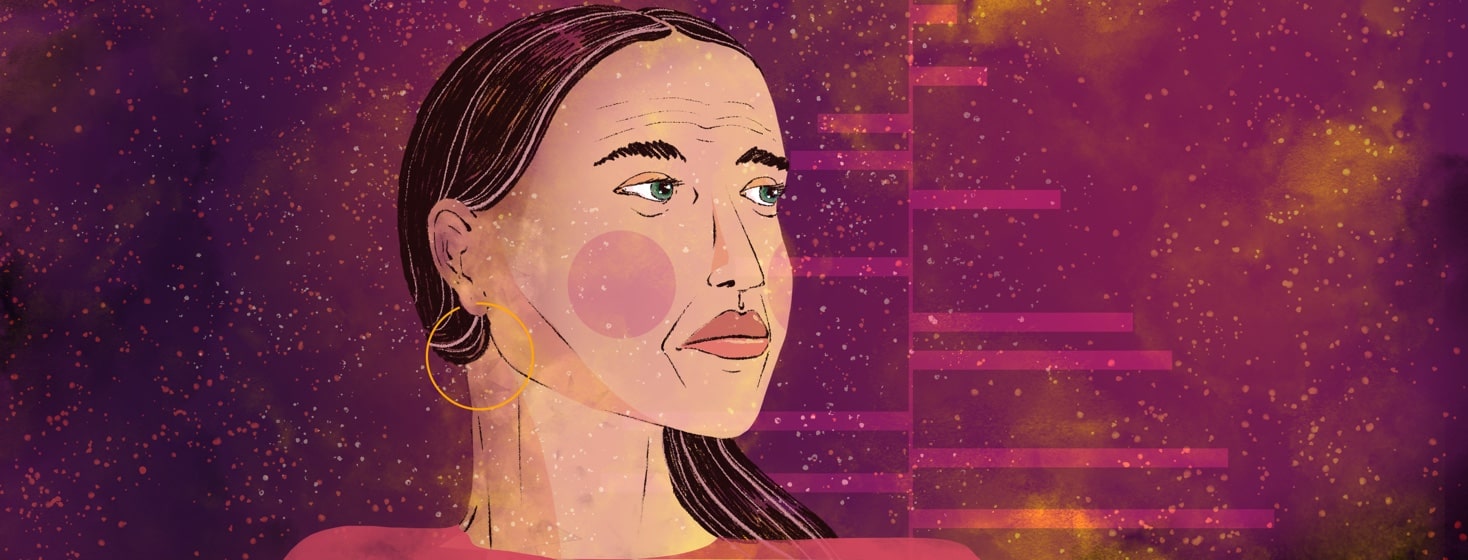The Millstones of Alzheimer’s: Becoming Worse as the Disease Progresses
While children’s achievements are often recognized as milestones, I measure the quality of life declines due to Alzheimer’s instead as millstones. To me, millstones are those horrible events that seem to drag caregivers down along with those loved ones devastated by the disease. Until we find a cure, this downward path is inevitable.
I share my experiences in an attempt to prepare those with Alzheimer’s and their caregivers for their struggle to keep their heads above water. In order of disease pathology, the following are the events that seemed to devastate me the most during my wife’s fatal battle with the disease.
Forgetfulness at an early age
Barbara’s father and family members on his side of the family all suffered from early-onset Alzheimer’s with most of them passing away in their early 50s. As a medical school librarian with two advanced degrees who read all the school’s new dementia-related books before she shelved them, Barbara knew that she had a 50/50 chance of inheriting the early-onset gene. We hoped her forgetfulness was simply age-related, but this was unlikely given that she was in her mid-40s when her symptoms first arose.
Visit to a neurologist
As Barbara’s forgetfulness (and our fears) increased, we made an appointment to see a neurologist. Hearing the answers Barbara gave to the simple questions that the neurologist asked may have been the most devastating of all of the millstones. She couldn’t answer what day of the week it was, identify the season of the year, or list any current events (including the name of the current President).
When he pointed to the lapel of his doctor’s coat, the closest word she could come up with was “coat”. When asked to draw a clock indicating 10:00 am, she made a circle with all her numbers on the right side of the clock. Not only did I see her imminent diagnosis first-hand, I witnessed just how far my wife’s cognitive function had declined without my realizing it.
Changes in taste
Barbara went from craving sugary foods to losing her sense of taste. Once when I made her favorite dish, she exclaimed “this tastes like s - - - !” Barbara had a saltier side (no pun intended), but this response to her favorite food was another marker in her decline.
Struggling with communication
As Barbara's disease progressed, she struggled to find the right words. I once asked her what she wanted to eat for lunch. After visibly struggling to come up with the right word, she gleefully blurted out “FOOD!” Her vocabulary declined to the point of “yes”, “no”, or “maybe”, before disappearing completely.
Bladder and bowel complications
Never having had children (a mixed blessing), I was not sure how I would be able to handle changing adult diapers. It surprisingly didn’t bother me; as new mothers and fathers have done since diapers were invented, one just has to dive in as an act of love.
Not recognizing loved ones
I was concerned that I wouldn’t be able to handle this one, afraid that she would see me as a stranger, rather than her husband of 25 years. It wasn’t as traumatic to either of us as I thought it would be. I would wake up to her staring at me intently, appearing to realize that I was someone she SHOULD know, but didn't. Similarly, she would hide in the pantry when I came home from work until she would recognize me and come out to give me a hug.
The last millstone
Barbara passed away on July 3, 2014, two weeks before her 51st birthday. Surrounded by her family, she opened her eyes from a medically-induced coma, smiled at us, and took her last breath. The weight of this last millstone was lifted from us, releasing us both from the ravages of the disease that destroyed our last five years together.

Join the conversation